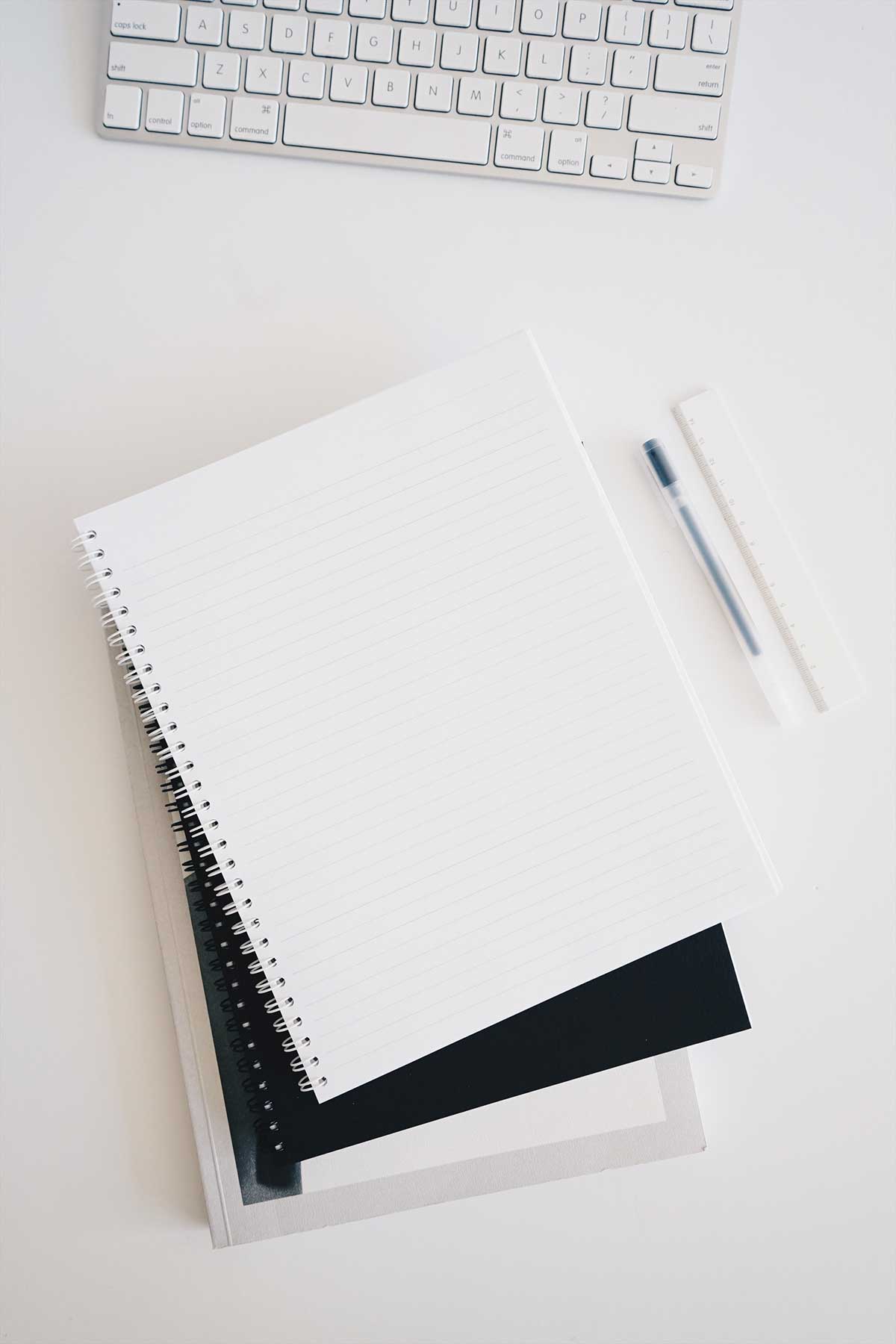Set clear goals: Before you begin your practice session, set specific goals for what you want to achieve. This could be mastering a tricky passage, improving your finger technique, or perfecting a certain musical phrase. Having clear goals will help you stay focused and motivated during your practice.
Create a practice routine: Establishing a regular practice routine can greatly enhance your progress. Set aside dedicated time each day for practicing, and try to stick to your schedule as consistently as possible.
Start slow and gradually increase speed: When working on a challenging piece or section, start by playing it slowly and accurately. Gradually increase the tempo as you become more comfortable and confident in your ability to play the notes correctly.
Break it down: If you’re struggling with a specific passage or section, break it down into smaller parts. Focus on mastering one small section at a time before moving on to the next.
Use a metronome: A metronome can help you develop a strong sense of rhythm and timing. Practice playing along with a metronome to ensure that your tempo is consistent throughout your performance.
Focus on dynamics and articulation: Pay close attention to the dynamics (loudness and softness) and articulation (smoothness and crispness) in your playing. These elements can greatly enhance the overall expressiveness of your performance.
Record yourself: Recording your practice sessions can provide valuable insights into your playing. Listen to the recordings to identify areas for improvement and track your progress over time.
Warm-up exercises: Begin each practice session with warm-up exercises, such as scales, arpeggios, and finger exercises. This will help to improve your finger strength, dexterity, and overall technique.
Stay relaxed: Avoid tensing up your muscles while playing. Maintain a relaxed posture and ensure that your wrists, arms, and shoulders are free from tension. This will help to prevent injuries and improve your overall technique.
Seek feedback: Regularly share your progress with your piano instructor, friends, or family members. Constructive feedback can help you identify areas for improvement and give you new ideas for enhancing your playing.
